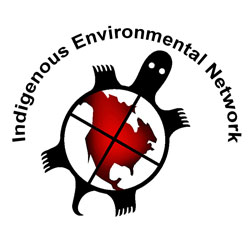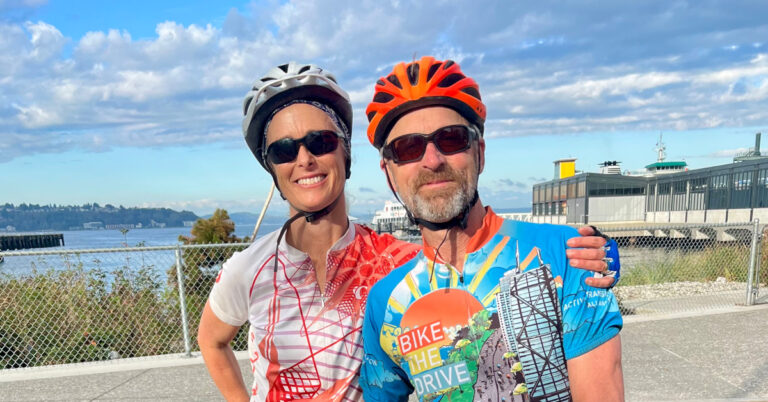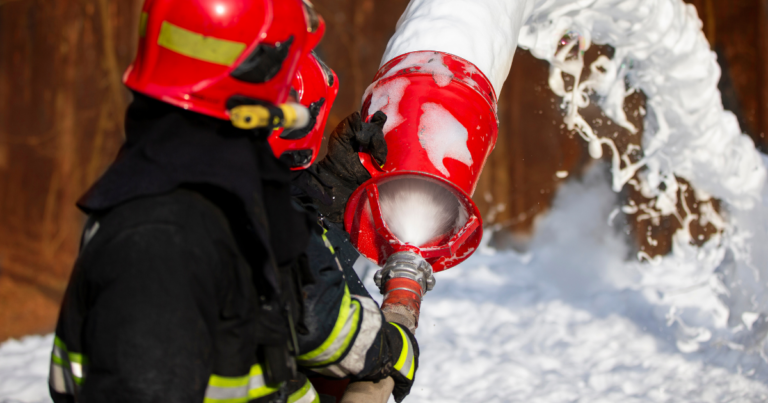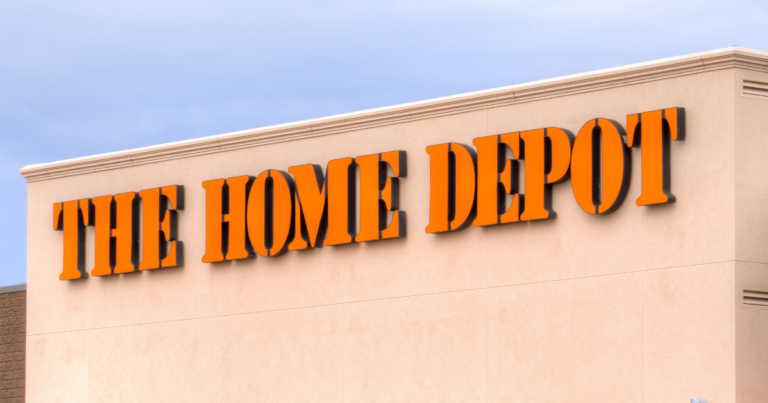 By Simone Sinogles, Development Coordinator
By Simone Sinogles, Development Coordinator
Indigenous Environmental Network
Bemidji, Minnesota
Like millions of other Americans, I am very concerned about how toxic chemicals in ordinary products are affecting my community’s health, and believe it’s time for Congress to do something about it. Unlike most Americans, the community I’m writing about today includes an environmental justice “hot spot,” which means that, in addition to worrying about things like bisphenol A (BPA) in baby bottles, my friends and family are contending with toxic chemicals left over from an industrial site.
I live near the small city of Cass Lake on the Leech Lake reservation in Northern Minnesota. This area is home to the Leech Lake Band of Ojibwe, one of many Anishinaabe communities in this region, and the site of the former St. Regis Paper Company wood treatment plant. The levels of dioxins left over from the old plant are so high in some areas that families have been advised not to let their children play in their own back yards. It’s been a Superfund site since 1984. The tribe has been working hard to clean up the site and ensure the safety of their community, but unfortunately, as is the case far too often, they were left with the bulk of the clean up work when the company left.
…in addition to worrying about things like bisphenol A (BPA)…my friends and family are contending with toxic chemicals left over from an industrial site.
The St. Regis Paper Company operated its wood treatment plant near downtown Cass Lake for nearly 30 years. To make things like telephone poles, they pressure-treated lumber with creosote, pentachlorophenol (PCP), and copper chromium arsenate. Today we know that those chemicals contain dioxin, which can cause cancer. For decades, they dumped sludge from the wood treatment facility into disposal ponds, or buried or burned it at the nearby city landfill.
There have been some clean-up efforts, but nothing that can make certain areas in Cass Lake truly safe. On top of the daily dose of chemicals we receive just by participating in the modern world, the people in this community are contending with the aftermath of decades of dioxin poisoning. The results are clear to anyone who lives there. The EPA has acknowledged that this community contains unusually high levels of dioxin, but they stop short of acknowledging that it is causing health problems. Community members know differently — people in the most impacted areas suffer higher rates of cancer that we attribute to their exposure to these chemicals.
In addition to the dioxin, we are also contending with the fact that the 60-year-old pipelines running under the Leech Lake reservation and surrounding communities carrying tar sands oil and other chemicals are beginning to corrode and leak into our groundwater. The pipes are operated by Endbridge, the same company responsible for the ruptured pipes that leaked at least a million gallons of oil and other chemicals into the Kalamazoo River in Michigan last summer.
Our community also struggles with abnormally high rates of obesity and diabetes, a legacy of our transition from the traditional Anishinaabe diet of fresh game and fish, forest greens, and wild rice to the diet of poor Americans — cheap, processed food.
I am describing a particular community, but there are hundreds more just like us. Where are they? You won’t find them in the Hamptons or Beverly Hills. Environmental “hot spots” tend to flare up in low-income neighborhoods, populated by people of color and indigenous peoples — places where people haven’t accumulated enough political clout to keep the industrial polluters away, or who are held hostage to economic pressures. Indigenous communities are hit especially hard because reservations and reserves have large areas of land attractive to the waste industry and which hold much of the remaining fossil fuel resources.
Today, toxic chemicals are not isolated to toxic waste sites or industrial plants — they have pervaded every aspect of our lives. Rich, poor, urban, rural, Anishinaabe, white, young, old — our outdated chemical policy is an injustice to all Americans.
Ultimately, it’s going to take Congressional action to fix the broken chemical regulatory system. Both the House and the Senate have introduced new legislation (H.R. 5820 and S. 3209) that would make it much harder to put toxic chemicals in things like baby bottles. The proposals also create a new program to identify communities that are “hot spots” for toxic chemicals, and to take action to reduce the harm to these communities. This provision is important because, when it comes to toxic chemicals, not all American communities are created equal.
We hope Minnesota Senator Amy Klobuchar will be a leader to ensure the strongest bill possible passes through her position on the Environmental and Public Works Committee. We need Senator Klobuchar to take action to make sure everyone — no matter their budget or location — has access to safe, non-toxic products and places.



